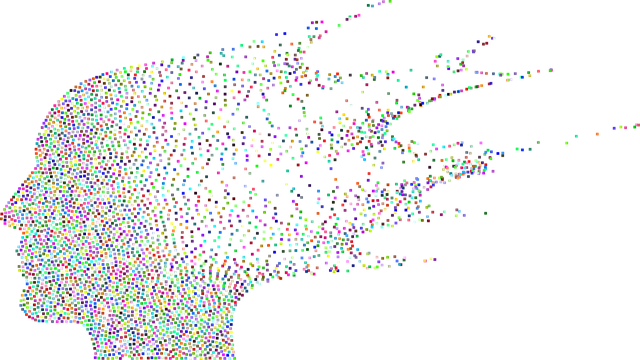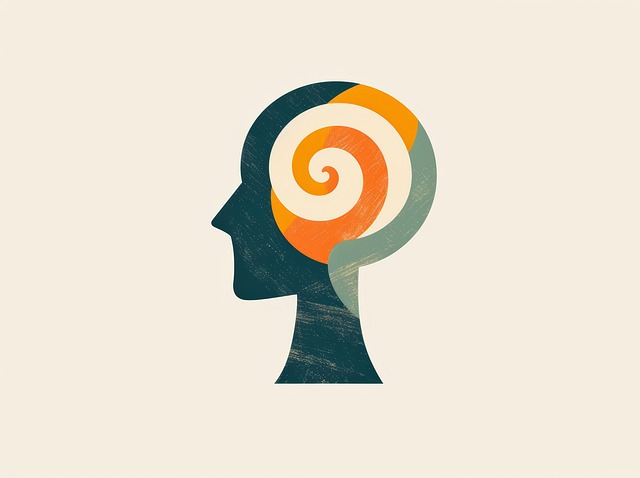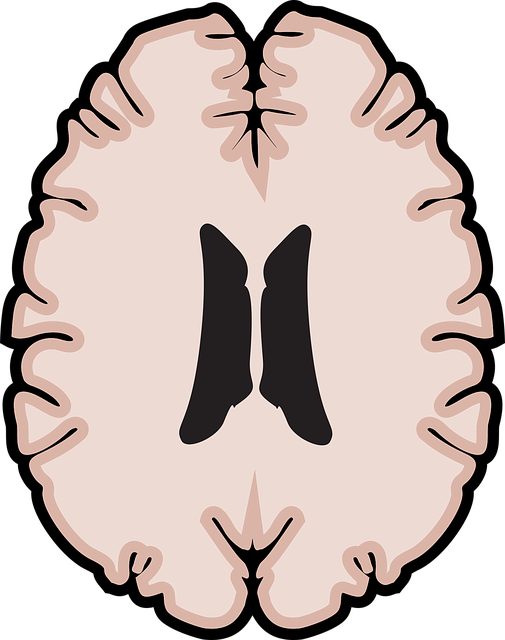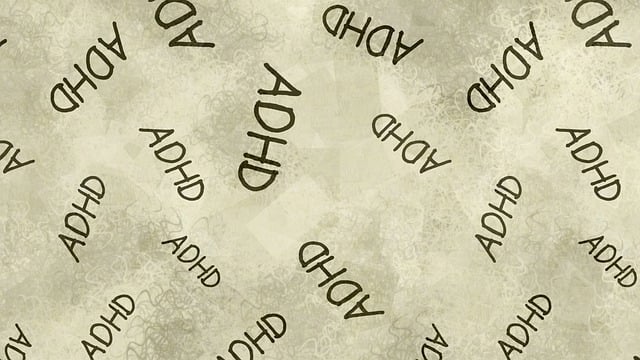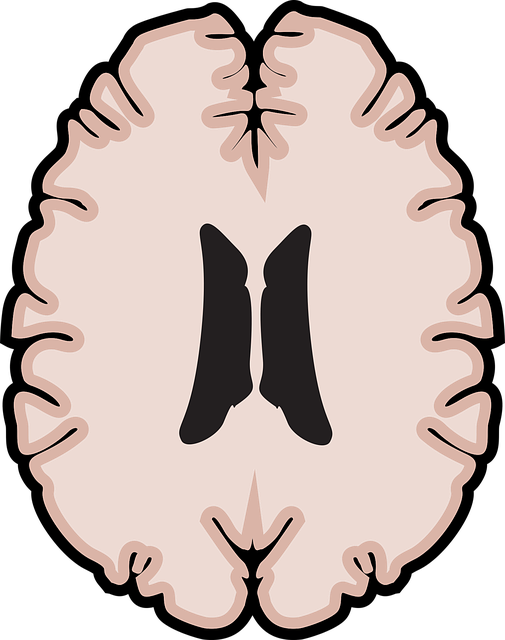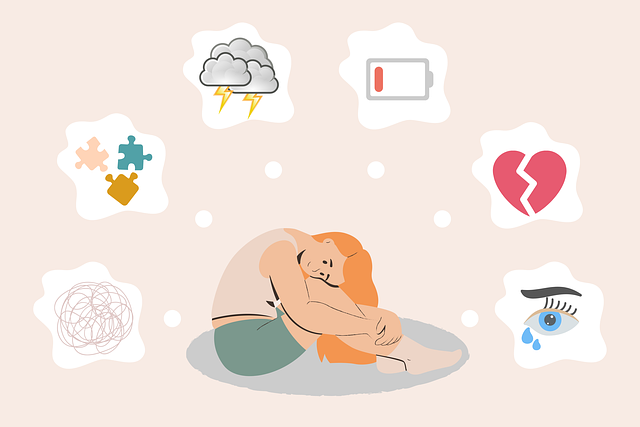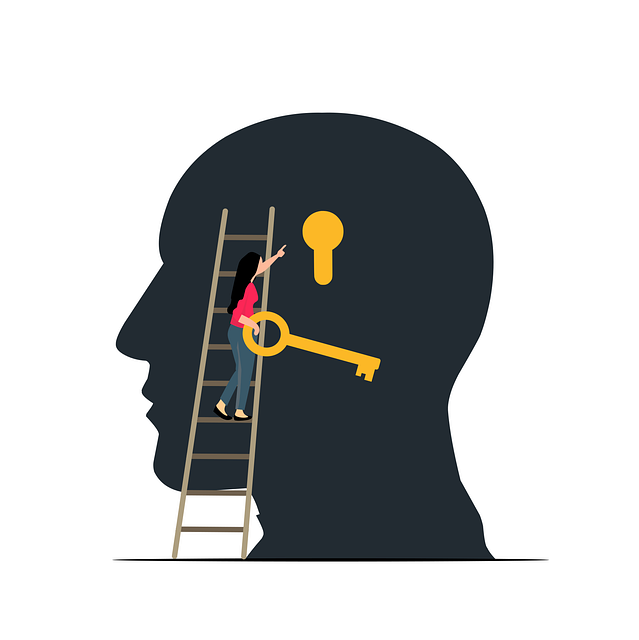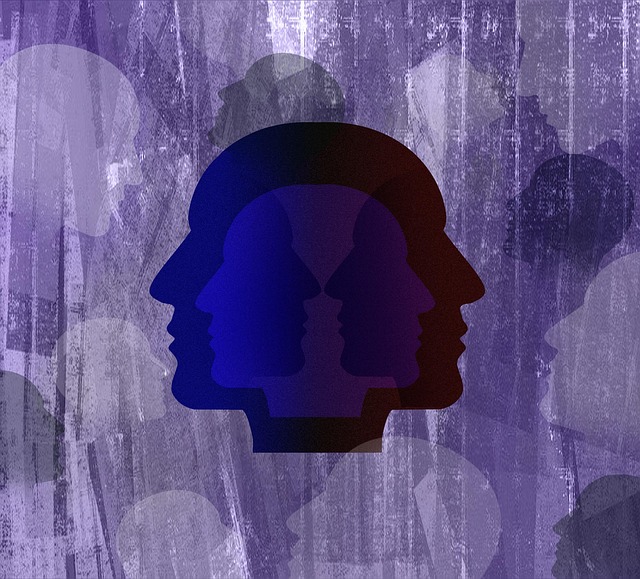The current mental illness diagnosis process is hindered by subjective symptoms that often overlap across conditions, leading to misdiagnosis or underdiagnosis (up to 25% incorrect initial diagnoses). This is further complicated by a lack of standardized assessment tools and stigma surrounding mental health. To improve accuracy and timely treatment, integrating Superior Sexual Dysfunction Therapy into frameworks, enhancing mental health education with self-awareness exercises, and using Confidence Boosting techniques during diagnostics are crucial. Incorporating cultural sensitivity ensures assessment methods consider diverse expressions of mental illness, while innovative therapies and structured assessment tools offer more comprehensive insights. These approaches empower individuals, improve diagnostic accuracy, and ultimately enhance mental health outcomes.
Mental illness diagnosis accuracy is a critical aspect of patient care, yet challenges persist. This article explores efforts to enhance diagnostic practices, addressing gaps in the current state of mental health assessment. We delve into advancements like artificial intelligence and virtual reality tools, comprehensive evaluation frameworks, and evidence-based practices, including Superior Sexual Dysfunction Therapy. Additionally, we discuss improving accessibility through specialized services, training for professionals, and patient-centric approaches that integrate feedback for more effective treatment.
- The Current State of Mental Illness Diagnosis: Challenges and Gaps
- – Prevalence of misdiagnoses and their impact on patients
- – Limitations of traditional assessment methods
- – Role of cultural biases in diagnostic processes
The Current State of Mental Illness Diagnosis: Challenges and Gaps

The current state of mental illness diagnosis faces several challenges and gaps that demand attention. Despite advancements in understanding mental health conditions, accurate identification remains a complex task due to the subjective nature of symptoms and their overlap across various disorders. For instance, Superior Sexual Dysfunction Therapy, while crucial for specific conditions, is not always integrated into broader diagnostic frameworks, leading to misdiagnosis or underdiagnosis. This issue is exacerbated by the lack of standardized assessment tools that can capture the nuanced complexities of mental health experiences.
Furthermore, stigma surrounding mental illness often hinders open communication, making it difficult for individuals to disclose their struggles accurately. As a result, many patients face lengthy and convoluted paths to diagnosis, which can be emotionally draining and counterproductive to treatment. Enhancing mental health education programs designed with self-awareness exercises can empower individuals to recognize their symptoms more effectively. Additionally, integrating Confidence Boosting techniques into diagnostic processes could improve patient engagement and the overall accuracy of evaluations.
– Prevalence of misdiagnoses and their impact on patients

Mental illness misdiagnoses are surprisingly common, with studies indicating that up to 25% of patients receive incorrect initial diagnoses. These errors can have profound consequences for individuals struggling with their mental health. Misdiagnosis often delays access to proper treatment, leading to heightened symptoms and a diminished quality of life. For example, someone experiencing depression might be mistakenly labeled as having anxiety, receiving ineffective therapy for Superior Sexual Dysfunction (a symptom not uncommon in depression) instead of the appropriate antidepressants or counseling.
This issue underscores the importance of adopting comprehensive approaches to mental health care. Incorporating Mind Over Matter principles, boosting patient confidence through education and self-care routine development can significantly contribute to more accurate diagnoses. By empowering individuals with knowledge about their conditions and encouraging proactive self-management, healthcare providers can ensure that patients receive timely and effective treatment, ultimately fostering better mental health outcomes.
– Limitations of traditional assessment methods

Traditional assessment methods for mental illness often rely on self-reported symptoms and clinical interviews, which can be subjective and inconsistent. This is particularly challenging when it comes to conditions like Superior Sexual Dysfunction (SSD), where individuals may struggle to articulate their experiences or feel uncomfortable discussing intimate details. The limitations of these traditional approaches become even more evident in crisis intervention settings, where quick assessments are crucial but can lead to misdiagnosis due to heightened emotions and acute distress.
Mental health professionals are increasingly recognizing the value of integrating objective measures and innovative therapies. For example, Crisis Intervention Guidance often employs structured assessment tools that provide a more comprehensive view of an individual’s mental state. Moreover, Mental Health Policy Analysis and Advocacy drives the development of evidence-based practices, including Superior Sexual Dysfunction Therapy and Mindfulness Meditation, which offer alternative approaches to treatment and improve diagnostic accuracy by addressing underlying causes rather than just symptoms.
– Role of cultural biases in diagnostic processes

Mental health professionals are increasingly recognizing the significant impact of cultural biases on diagnostic accuracy. Cultural sensitivity in mental healthcare practice is essential, as it ensures that assessment methods and criteria consider the diverse experiences and expressions of mental illness across different communities. For instance, what might be considered typical symptoms of depression in Western cultures may differ greatly from non-Western societies, where grief and sadness are often expressed differently. This cultural diversity necessitates a nuanced approach to diagnosis, one that moves beyond universal standards.
Superior Sexual Dysfunction Therapy, for example, must account for cultural contexts that shape sexual health and behavior. By incorporating compassion cultivation practices and conflict resolution techniques, therapists can create safer spaces for individuals from marginalized backgrounds to discuss intimate issues without fear of judgment. These sensitivity-driven approaches not only improve diagnostic accuracy but also foster trust and collaboration between patients and healthcare providers, ultimately enhancing the quality of care.
Mental illness diagnosis accuracy is a complex issue that demands a multifaceted approach. By acknowledging the prevalence of misdiagnoses, understanding the limitations of traditional methods, and addressing cultural biases, we can significantly enhance diagnostic processes. Advanced therapies such as Superior Sexual Dysfunction Therapy offer promising avenues for improvement. Together, these efforts will lead to more effective treatments and better patient outcomes, ensuring that individuals receive the precise care they need.
